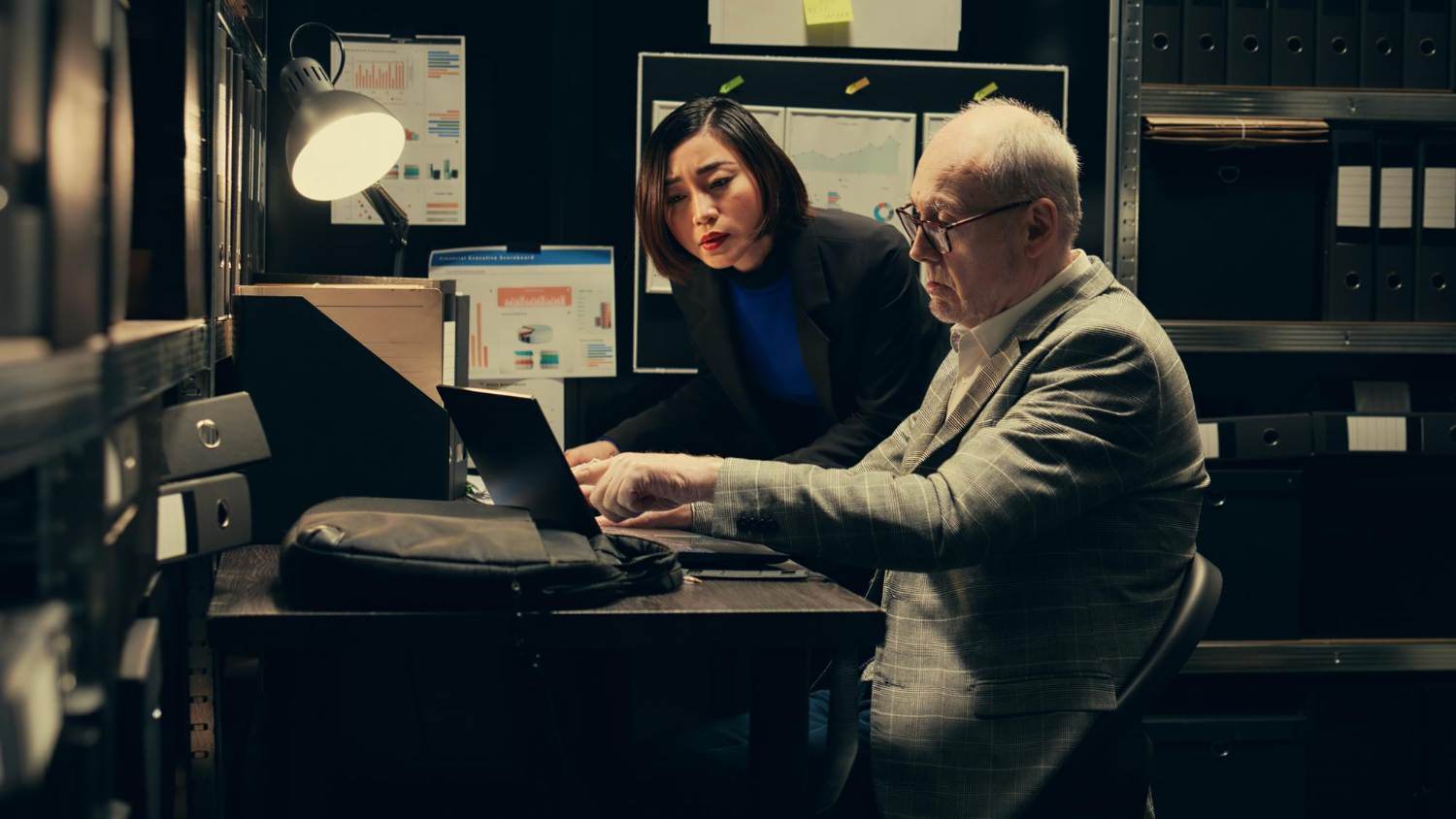Enhanced Venue Security in the Digital Age: Challenges and Solutions
Securing public venues is a complex task requiring the delicate balance of ensuring safety without compromising the guest experience. With the advent of the digital age, venue operators face new challenges and opportunities in maintaining enhanced Venue Security. This article will explore the evolving landscape of venue security in the digital age, addressing the unique challenges it presents and discussing the technological solutions available.

The Ever-Evolving Challenge of Venue Security
Public venues, whether they are stadiums, concert halls, or conference centres, attract large crowds, making them vulnerable to various security threats. Traditional security challenges include physical threats like violence, theft, and vandalism. However, with the digital age, venue operators now also have to contend with new challenges such as cyber threats, data breaches, and digital fraud.
The Digital Threat Landscape
The digital age, while bringing numerous conveniences, also introduces new vulnerabilities. In a world where ticket sales, venue operations, and security systems are increasingly digital, the cyber threat landscape is a significant concern. Cybercriminals may attempt to breach a venue’s security system, access sensitive customer data, disrupt ticket sales, or interfere with the venue’s operational technology.
For example, according to a report by Symantec, one in three cyberattacks in the entertainment industry involves the use of ransomware, which can cripple a venue’s operations and result in significant financial loss.
Harnessing Technology for Enhanced Security
Despite the increased threats, the digital age also offers novel solutions to enhance venue security. Advanced technologies like artificial intelligence (AI), facial recognition, biometrics, and cybersecurity measures are increasingly being utilised to safeguard venues.
AI-powered surveillance systems offer real-time threat detection, identifying suspicious behaviour that could potentially pose a threat to the venue and its patrons. Facial recognition can be used to screen entrants, identifying known security risks, and assisting in crowd control. Biometric access control systems can ensure that only authorised personnel have access to restricted areas within the venue.
Implementing Robust Cybersecurity Measures
Given the digital threats faced by venues, implementing robust cybersecurity measures is essential. This includes protecting both the venue’s operational technology and the data it collects from patrons. Cybersecurity measures can include firewalls, intrusion detection systems, and regular system audits to identify and address vulnerabilities.
In addition to technological solutions, venues must also invest in cybersecurity awareness training for their staff. Often, the weakest link in a security system is not the technology itself, but the people who use it. Training employees to recognise and respond appropriately to potential cyber threats can significantly enhance a venue’s security.
The Importance of Integrating Physical and Digital Security
While technology presents novel solutions to venue security challenges, it’s essential not to neglect the importance of traditional physical security measures. In fact, the most effective venue security strategies often involve the integration of physical and digital security measures. For example, physical barriers and checkpoints can be enhanced with digital technologies such as CCTV surveillance, facial recognition, and biometric access control systems.
Conclusion
In the digital age, venue security presents both unique challenges and opportunities. While venue operators must navigate an increasingly complex threat landscape, they can also harness advanced technologies to enhance security and protect their patrons. Implementing a robust, integrated security strategy that combines physical and digital measures is key to ensuring venue security in the digital age. The ultimate goal is to create a safe and secure environment that allows patrons to enjoy their experience without concern for their safety.



